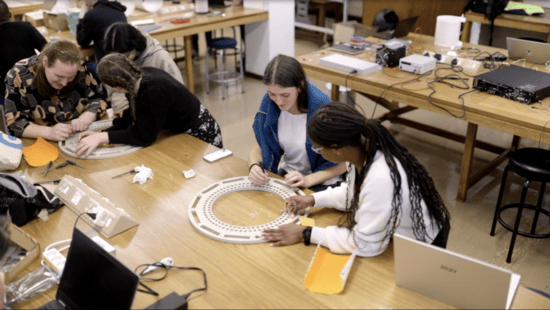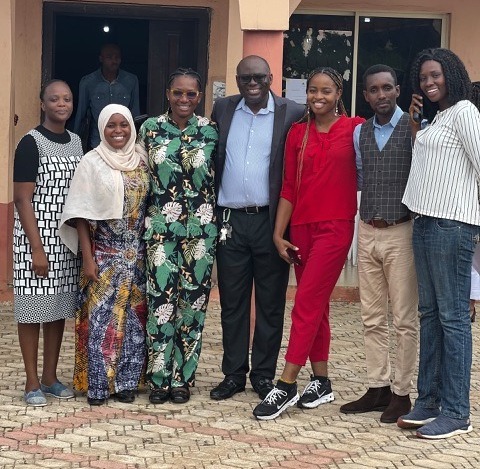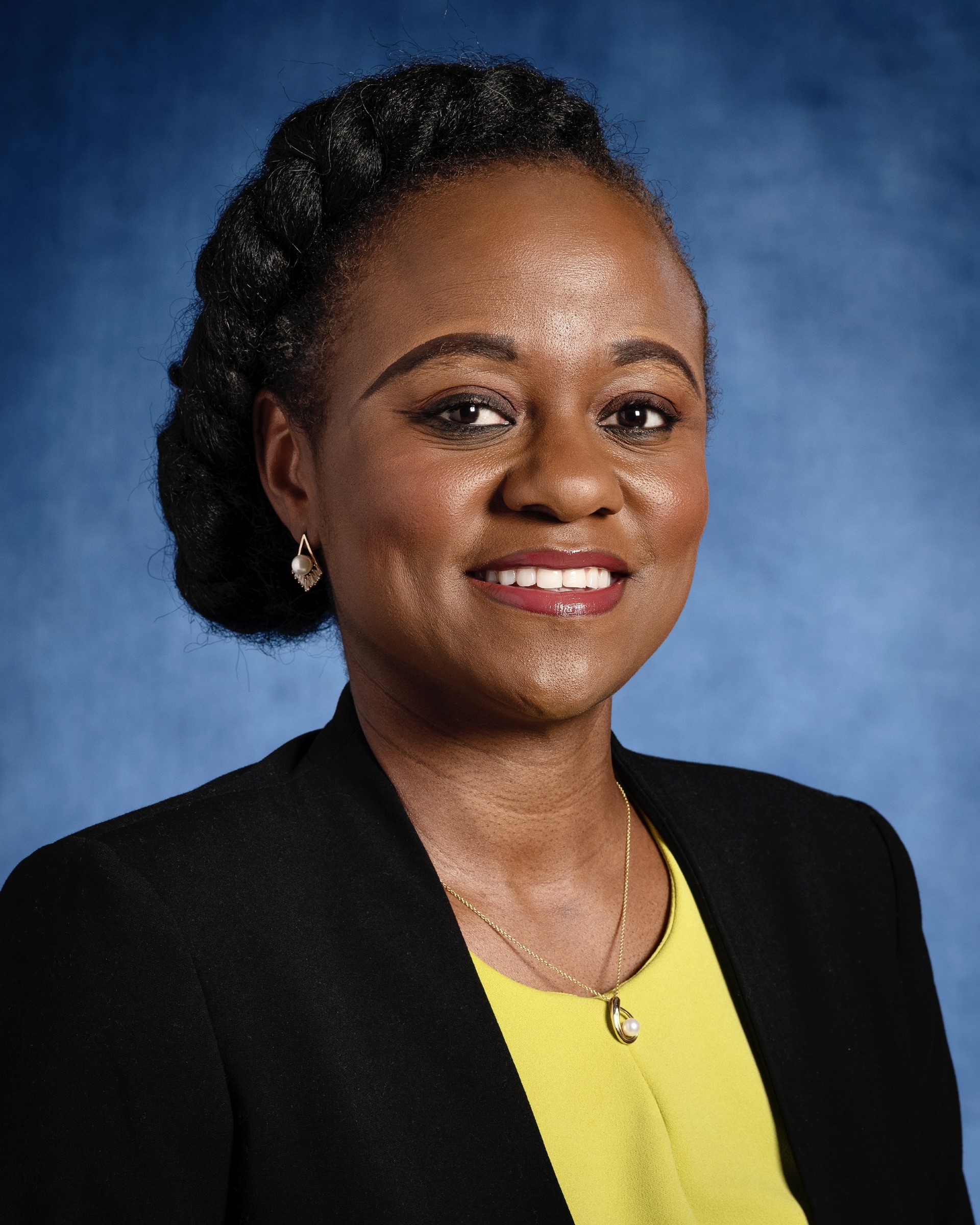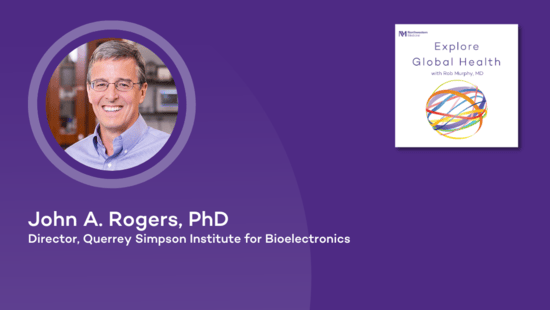Northwestern Scientists and Biomedical Engineering Students Contribute to Low-Field MRI System to Diagnose Tuberculosis Meningitis in Children

Over the past 10 years, Juliet Lumati, MD, MPH, has studied how health systems in low- and middle-income countries (LMICs) are designed—or often not designed—to protect patients from the financial risks of surgical and cancer care.
With the support of the Robert J. Havey, MD Institute for Global Health Global Health Catalyzer Award, Lumati and her team are able to study the link between finances and cancer care. Their project titled, Evaluating the Impact of Financial Navigation on Financial Catastrophe and Distress for Cancer Care: A Randomized Control Trial-COST-FIN, will support the first randomized controlled trial of financial navigation for cancer care in an LMIC, COST-FIN. Conducted in Nigeria, the study evaluates whether providing patients with personalized financial support can reduce the financial distress of cancer treatment and help more people complete life-saving therapy.

The COST-FIN team studies financial navigation programs.
Cancer care is often paid for out-of-pocket in Nigeria and in many other LMICs, leading to catastrophic financial hardship. Through this trial, patients are assigned trained financial navigators who assist them with budgeting, understanding costs and identifying financial assistance—ultimately aiming to reduce treatment delays and abandonment.
The trial is currently active in Nigeria, with insights relevant to many LMICs.
The project also builds on prior work in Ghana, where Lumati’s earlier studies highlighted the deep financial burdens of cancer care and the urgent need for innovative support systems like financial navigation.
What is the goal?
The goals of the project are to determine whether financial navigation can:
The team is studying how best to implement this model in real-world settings so it can be integrated into national health systems.
“Through this work, I’ve developed a deep understanding of the systemic and economic barriers that prevent patients from accessing timely, life-saving treatment,” said Lumati, who is also a member of the Robert H. Lurie Comprehensive Cancer Center of Northwestern University. “This has ignited a passion for finding innovative, locally grounded solutions that improve equity and reduce suffering—particularly for the most vulnerable patients around the world.”
No one should have to choose between life-saving cancer treatment and feeding their family. Through COST-FIN, we’re demonstrating that even in resource-limited settings, it is possible to conduct clinical trials and develop collaborations to build sustainable, patient-centered systems that improve survival and dignity.”
- Juliet Lumati, MD, MPH, principal investigator

Who is involved
COST-FIN is led by Lumati, assistant professor of Surgery (Surgical Oncology) at Northwestern University Feinberg School of Medicine. She is supported by a multidisciplinary team from Nigeria and the United States with more than 30 experts in the fields of clinical oncology, implementation science, health economics and biostatistics. At Northwestern, Lumati’s work is anchored in the Center for Global Oncology, a joint center between Lurie Cancer Center and Havey Institute for Global Health, with key US collaborators including:
In Nigeria, the trial is grounded in strong local leadership and institutional partnerships, including:
Collaboration from leaders in global surgery helped to shape the vision for COST-FIN—a locally driven, equity-focused trial designed to produce real-world solutions for the financial barriers that drive cancer mortality in LMICs.
According to Lumati, COST-FIN is more than a research study—it is a model for how equitable, locally led cancer care innovation can emerge from within Africa.
“No one should have to choose between life-saving cancer treatment and feeding their family,” said Lumati. “Through COST-FIN, we’re demonstrating that even in resource-limited settings, it is possible to conduct clinical trials and develop collaborations to build sustainable, patient-centered systems that improve survival and dignity.”
Juliet Lumati, MD, MPH, is an assistant professor of Surgical Oncology and member of the Robert J. Havey, MD Institute for Global Health, Robert H. Lurie Comprehensive Cancer Center and Institute for Public Health and Medicine (IPHAM).
For details on events, news and funding opportunities, sign up for the Havey Institute for Global Health newsletter.

